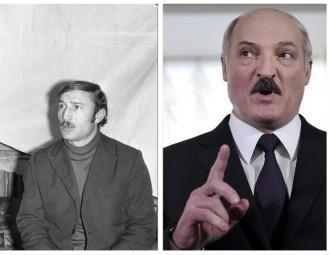Lukashenka will hardly introduce changes to the government before the president campaign 2015

Radical changes in the government can only negatively impact macro-economic stability and the stability of the national currency.
By toughening up rhetoric in relation to top officials and managers, President Lukashenka anticipates mobilising public officials and redirecting criticism from citizens. Meanwhile, Lukashenka is not questioning the efficiency of Belarus’ economic model. The Government is unlikely to be dissolved as a result of the mid-year socio-economic review.
While visiting ‘Belaruskalij’, President Lukashenka talked about potential personnel reshuffles in Belarus - from the government to top-managers at large enterprises.
After last year’s conflict between Ukralkalij and Belaruskalij, the latter managed to restore its production and exports. In Q1 2014, the company showed some growth, for instance, exports grew by 4.8% in value terms. The growth in foreign exchange proceeds was achieved due to a significant increase in physical exports – by almost 50%.
Other industrial giants, however, are not demonstrating a similar growth in exports. In January - May 2014, industrial production and agriculture continued to decline: by 1.3% and 4.3% respectively compared with 2013. Nevertheless, according to official reports, the government managed to ensure GDP growth by 1.5%.
The president underscored the need to ensure high-quality economic growth. And Economy Minister Snopkov said at the Council of Ministers’ meeting that decreasing inflation and devaluation expectations should be the key objective in 2015: "We believe it would be right not to stake on economic growth in 2015, since it is impossible to ensure performance of the two conflicting economic policy indicators - inflation and economic growth. In 2015, in order to balance out the economic situation, in our opinion, it is necessary to set inflation as a priority”. In addition, the president supported the Economy Ministry’s proposal to reduce funding of social programmes in favour of production.
It is worth noting that President Lukashenka voiced threats to dissolve the government back in Q1 2014. However, despite the government’s failure to meet GDP, production and export growth indicators, all senior government officials remained in their offices. So far, the government has managed to maintain macro-economic stability in the country and ensure some economic development, including keeping inflation-devaluation expectations of the population at bay.
It is unlikely that President Lukashenka will make major changes in the government before the presidential campaign starts in 2015. Radical changes in the government could have a negative impact on macro-economic stability and the stability of the national currency.
Solidarity with Belarus Information Office
-
03.01
-
07.10
-
22.09
-
17.08
-
12.08
-
30.09








































